About
The Sport GVP project puts forward a comprehensive program that entails multifaceted actions to contribute to the prevention and tackling of gender-based violence in and through sport. It involves a structured set of activities that wish to generate knowledge and data on the extent and forms gender-based violence appears in sport in the implementing countries and pave the way for responses and actions in and through sport to prevent and tackle violence against individuals on the basis of their gender.
Specifically, the scope, work and objectives the project will primarily focus on promoting the Sport’s programme’s priority to combat violence and tackle racism, discrimination and intolerance in sport’ which calls for actions to combat said behaviours, fight any form of discrimination and promote equality in sport.
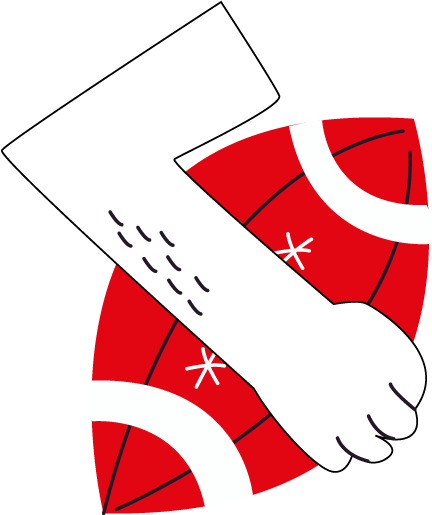
Objectives
- Study, analyse and document the extent and forms gender-based violence exists in sports in the implementing countries, putting also forward recommendations to address it
- Elevate sport professionals, coaches, executives and stakeholder’s knowledge and understanding on issues of Gender, the forms and expressions of Gender-Based Violence and their interrelation with sport thus empowering them to identify and address incidents and expressions of gender-based violence;
- Build up the capacity of sport professionals, coaches and stakeholders as well as practitioners in the field to engage, educate and inform athletes on issues of gender and gender-based violence;
- Support and guide officers and executives of sports organizations and federations to introduce and set in place prevention and protection mechanisms, approaches and procedures against gender based violence;
- Raise awareness on Gender Based Violence in Sport and society, its adverse effects on athletes as well as for the need to tackle the phenomenon and offer a safe environment to athletes;
- Strengthen the cooperation between institutions and organisations active in the field of sport, gender and gender based violence supporting synergies and the exchange of good practices;
- Offer learners an interactive learning experience through the use of innovative and engaging approaches and tools, including gamified features;
METHODOLOGY
The work and actions of the Sport GVP project is based on an evidence-based, impact-oriented approach. The project team utilises its multidisciplinary expertise and experience as well as its wide network of contacts and associates for the implementation of a carefully designed project plan that involves a step-by-step process that led to a more thorough conception of the issue/problem and the development transferrable resources and tools to support its target groups. This is a process that relies on scientific approaches deriving from social sciences, education and pedagogy and sport psychology and sociology.
The project pays special attention in ensuring that its approach, deliverables, and actions respond to local challenges and realities of the implementing countries and are transferable at transnational level. It analyses and codifies the extent and the forms/ways that Gender Based Violence appears in the field of sport in the implementing countries, along with the feed and enable such behaviours. It also develops recommendations for local, national and EU institutions to address it. Additionally, Sport GVP produces a comprehensive set of resources, tools and guidelines to educate and empower sport professionals and practitioners to take concrete action to prevent and address gender-based violence in sport. This entails offering them structured and effective approaches they can utilise to engage, inform and support athletes so that they can identify signs of and report GBV. Additionally, officers, staff and executives of sport organisations and federations are supported to develop and introduce policies, procedures and mechanisms to prevent and address GBV.
Partners
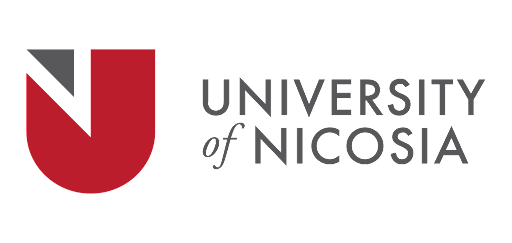
UNIC
The University of Nicosia (UNIC) was established in October 2007, and it is the largest university in Cyprus with over 12,500 students from across the globe. Located in Nicosia and with a presence in 18 other cities worldwide, the institution employs more than 1000 staff faculty. Its research staff conducts cutting-edge research on social issues and innovative teaching and training approaches, including Artificial Intelligence. UNIC offers 41 bachelor’s, 37 master’s, 30 doctoral, and 29 distance learning degrees, utilizing the latest technologies and learning design theory to develop students’ critical analysis, reflection, and problem-solving skills. Its state-of-the-art premises and eLearning platform provide access to extensive online learning resources, fostering a multicultural learning environment. Through its participation in projects as a partner or coordinator, the University has developed a wide base of knowledge and expertise in research output and project management.
ISCA
International Sport and Culture Association (ISCA), Denmark (International) ISCA is a democratic, non-governmental and not-for-profit umbrella association with 103 European member organisations and 260 member organisations worldwide. It was established in 1995 and has experienced sustained growth in membership. ISCA has 19 staff members from 17 countries and is headquartered in Copenhagen, Denmark. Its management has 10+ years of experience in international project development and management in grassroots sport and physical activity.

CESIE
CESIE is a European centre of studies and initiatives established in 2001 in Palermo (Italy), inspired by the work and theories of sociologist Danilo Dolci (1924-1997). CESIE’s mission is to promote educational innovation, participation and growth, through the work of its 6 Units: Migration, School, Adults, Youth, Higher Education and Research, Rights and Justice.
Since its foundation in 2001, CESIE has been dedicated to projects and initiatives aimed at empowering individuals, communities and minority groups. CESIE promotes its ideas through a combination of awareness-raising campaigns, collaborative mechanisms and comprehensive training programmes.
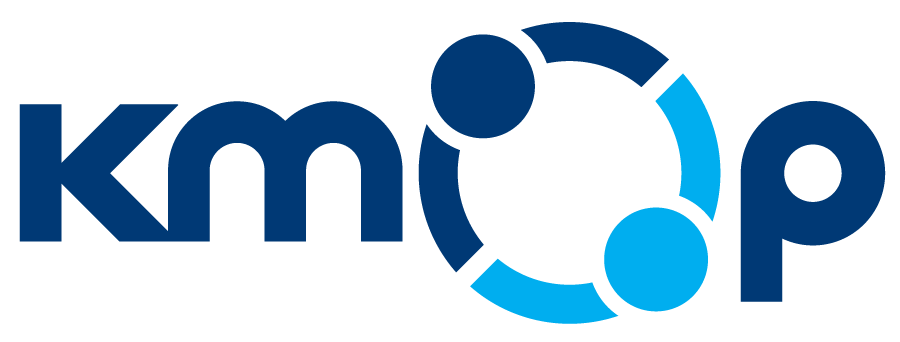
KMOP
KMOP, founded in 1977, is one of the oldest civil society organizations in Greece, with extensive experience in direct provision of social services and implementation of social initiatives. Over the last years, the organization has established an international presence, and is now active in 7 countries, and operating permanent offices in Athens, Thessaloniki, Brussels and Skopje.
KMOP is dedicated to making a positive social impact through research and innovative initiatives that address critical social issues, inform public debate and help shape policy, nationally and internationally.
Our mission is to contribute to effective social-policy design and to lead impactful programmes that promote individual well-being, reduce inequalities, eliminate vulnerabilities, and foster inclusive and sustainable social growth.
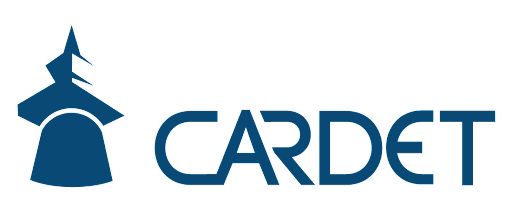
CARDET
CARDET (Center for the Advancement of Research and Development in Educational Technology) is the leading independent research and education Centre in Cyprus, and one of the prominent ones in the Euro-Mediterranean region, dedicated to harnessing the potential of education as a major driver in shaping a better world.
We design, develop, and implement innovative, evidence-based approaches and resources to build up the competencies of individuals and communities to help alleviate social challenges.
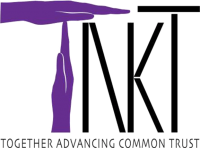
TAKT
TAKT (Together Advancing Common Trust) is a non-profit organization that plays a crucial role in enhancing cross-cultural understanding and fostering dialogue among diverse communities. It is committed to addressing and combating various forms of gender and social discrimination, aiming to create a more inclusive and equitable society. By focusing on the empowerment of vulnerable groups, TAKT seeks to enable individuals and communities to overcome obstacles and challenges that hinder their development and participation in society. The organization’s efforts are centered around the promotion of trust, mutual respect, and collaboration among different cultural, ethnic, and social groups. Through its various programs and initiatives, TAKT provides essential resources, support, and educational opportunities that contribute to the strengthening of community bonds and the promotion of social cohesion. Its dedication to these causes makes TAKT a vital player in the global effort to build a more understanding and just world.